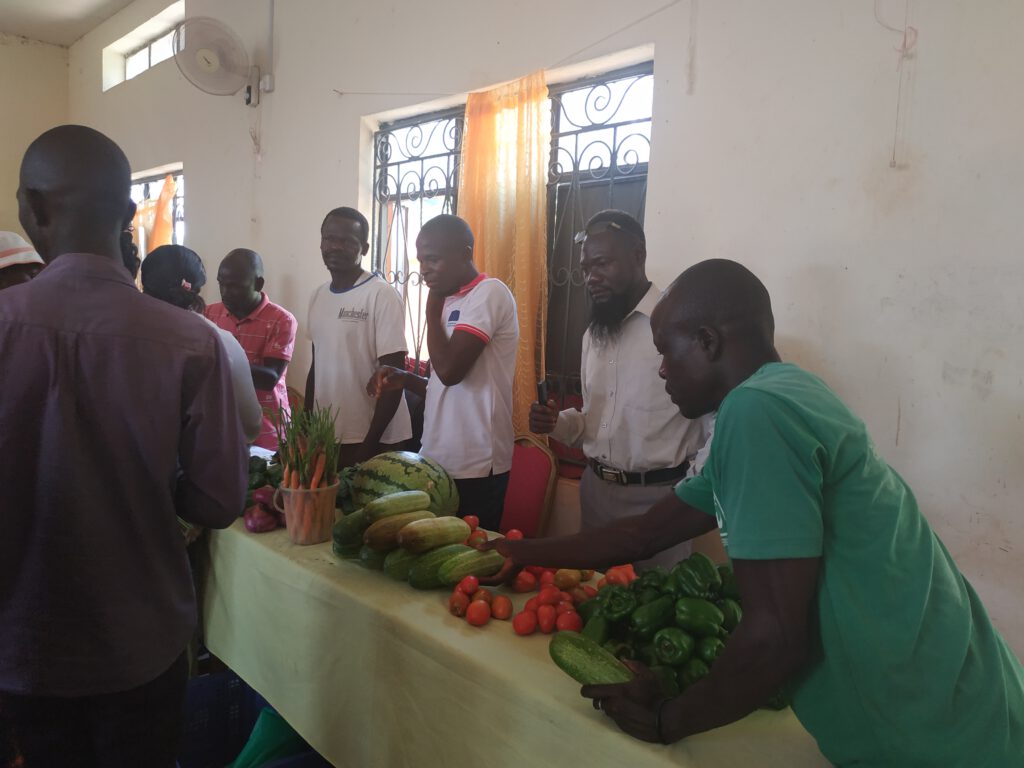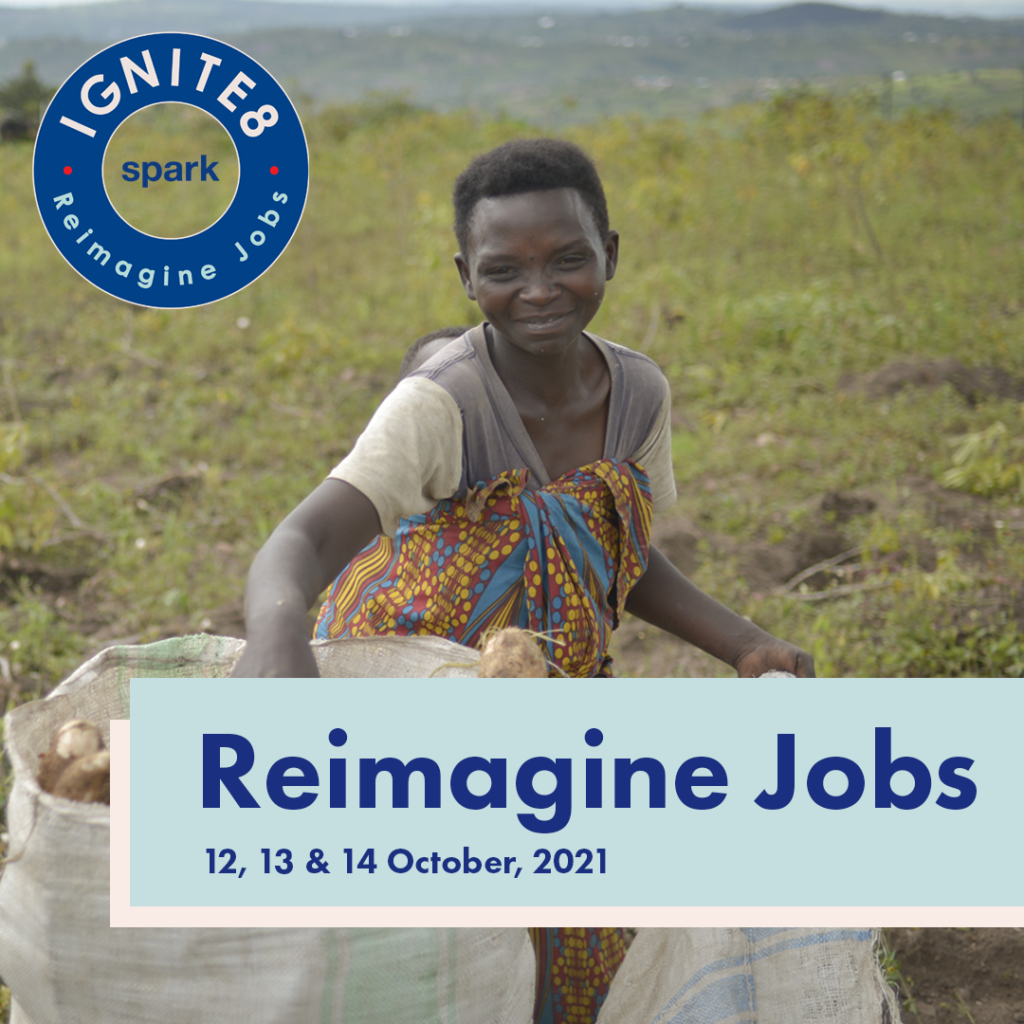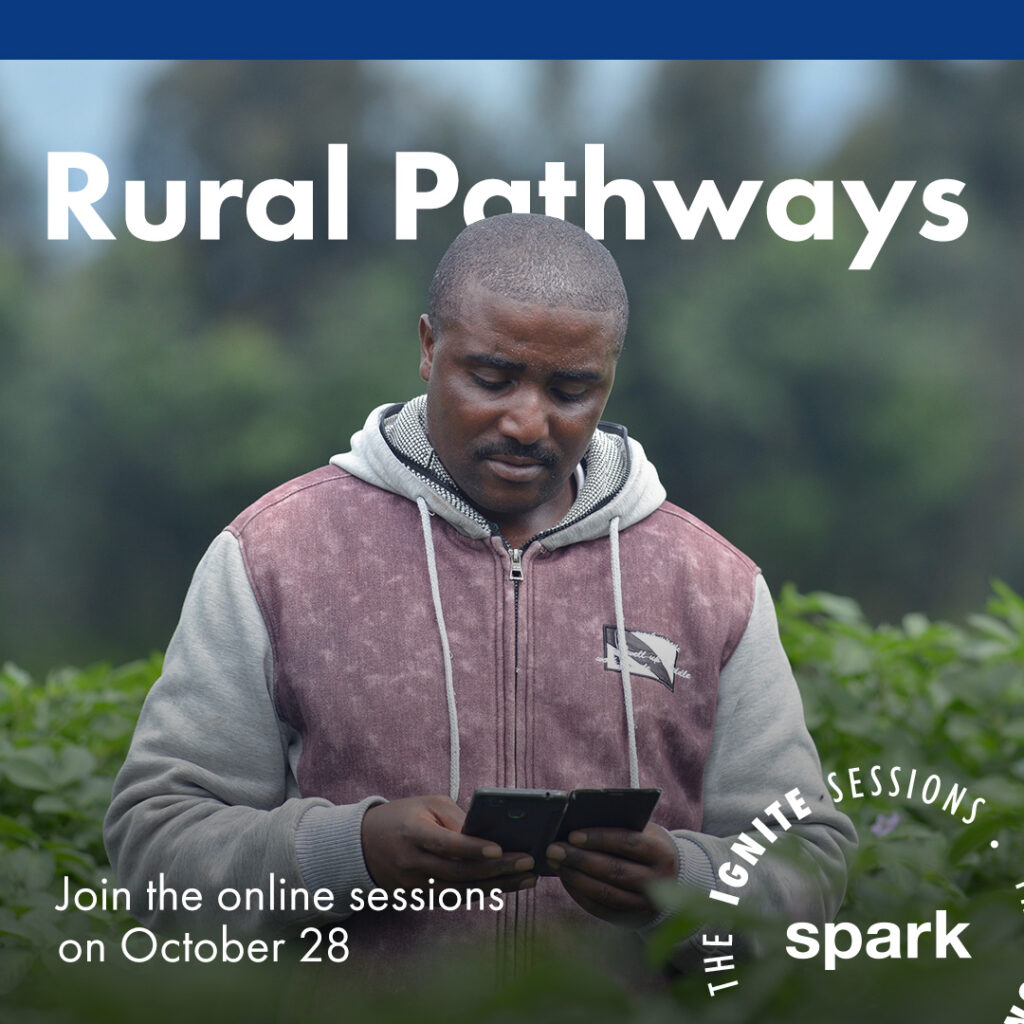Spreading vegetable farming techniques in South Sudan’s breadbasket

Addressing food security with Bor, Torit and Yambio’s agri-entrepreneurs through a 4-day training in vegetable production.
“We have been waiting for this technical training for a very long time”. South Sudan’s worsening food crisis is being fueled by seasonal flooding, economic downturn and renewed conflict. For 21 vegetable farmers and suppliers of fertilisers and seeds in Bor, Yambio and Torit, a 4 day technical training by SPARK, in partnership with Premium Agro-Consult, has helped address skills and knowledge gaps in technical agricultural practices.
The training – part of the Food Security through Agribusiness in South Sudan programme (also known as SSADP II), implemented by a consortium including Cordaid, SPARK and Agriterra – was offered to new and existing vegetable farmers, input suppliers, agribusiness development advisers and government extension workers.
During recent on-farm coaching, we found that a major skills gap in vegetable farming practices in South Sudan’s ‘breadbasket’ region has been holding back the success of agribusiness entrepreneurs.
“This is my first time attending a technical training for farmers and I have learned a lot, even using agro chemicals,” said Philip Marial, a vegetable farmer from Yambio. “My farm will improve immediately upon practicing nursery beds and using the right chemicals.”
The tailored training focuses on basic vegetable production techniques, pests and diseases, integrated pest management and safe handling of pesticides. The training included both classroom theoretical and on-farm practical days, where participants received manuals with photo guided explanations of techniques and identification of pests and diseases.
Corna Charles, a government extension worker from the Ministry of Agriculture, Fisheries and Forestry who participated in the training who participated in the training, said: “Most farmers lack these technical skills; I hope SPARK as our partner will continue to fill the gap, as the ministry lacks the capacity and the logistics to do so.”
Besides technical training, SPARK also provides business start-up accelerators in South Sudan. Entrepreneurs can send their business plan drafts to be reviewed by Premium Agro-Consult, SPARK’s local partner. Entrepreneurs with scalable businesses are selected to take part in business support training, and have the chance to finalise their business plans with a coach. Premium Agro Consult then conducts regular field visits and provides support on a case-by-case basis.
The technical training and business support accelerators, financed by the Embassy of the Kingdom of The Netherlands in South Sudan, are designed to help agri-preneurs increase their yield and reduce failed crops. Many of the farmers are now sharing their newly learned skills with others, which will lead to further successful vegetable production throughout the value chain actors in Bor, Yambio and Torit.
Related news
-
![]() Report
Report2022 Annual Report
-
![]() News
NewsB2B: Creating business links between agro-preneurs in South Sudan
As entrepreneur, Victoria Yatoma, mingled with fellow business owners from across South Sudan’s Yambio province during SPARK’s Business-to-Business (B2B) networking…
-
![]() News
NewsIGNITE Conference: September 13, 2022
SPARK is to host the 9th edition of its annual IGNITE conference on Tuesday 13th September this year. The event,…
-
![]() Report
Report2021 Annual Report
Ad excerpt text here
-
![]() News
News2021: Responding, innovating and building in fragile states
-
![]() News
NewsCOP26: How we are supporting SMEs to become climate-resilient
On the final day of the 2021 United Nations Climate Change Conference (COP26) in Glasgow, adaptation and adaptation finance for…
-
![]() News
NewsIGNITE 8 : Reimagine Jobs
-
![]() News
NewsAfghanistan: Concerns for stability and the future of youth
-
![]() News
NewsBusiness across Borders: Former employees turn to entrepreneurship
Many former SPARK employees have used their knowledge and expertise to start their own companies. Here they share their stories…
-
![]()
2020 Annual Report
-
![]()
These people will give you hope for 2021
-
![]()
Rural Pathways: Opportunities in Sub-Saharan Africa During a Global Crisis
-
![]()
In conversation with: Valentino Achak Deng

















